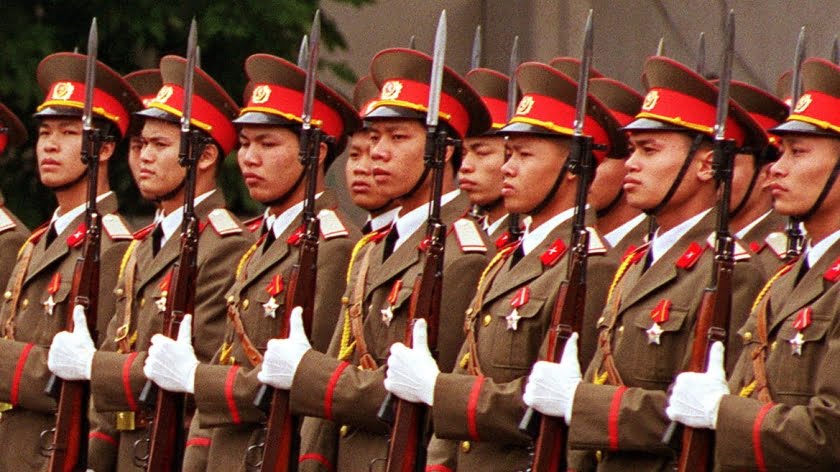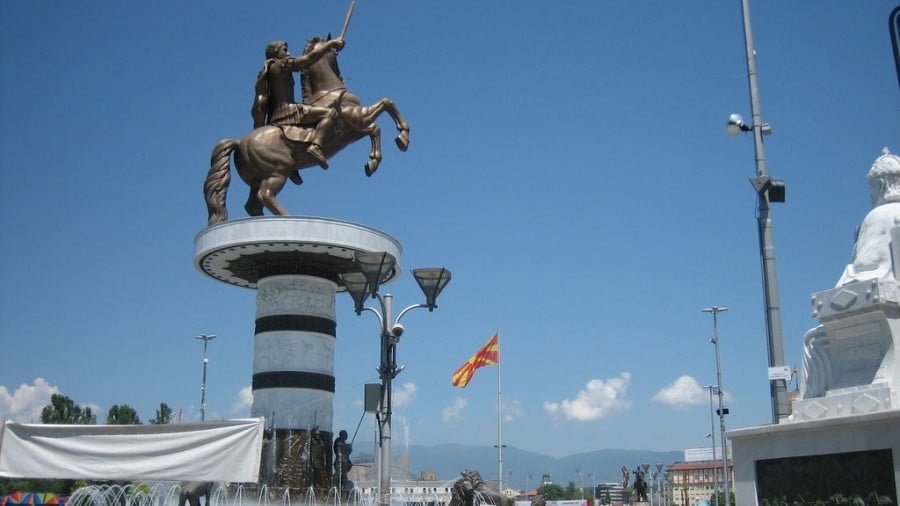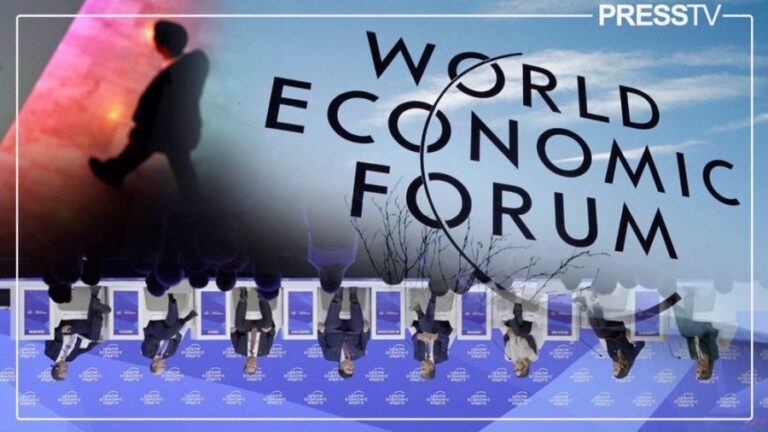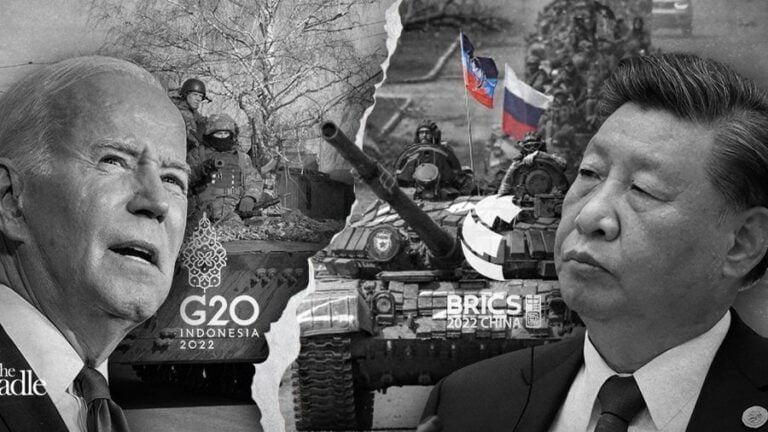Vietnam Called China Out for Mislabeling Its Products to Get Around Trump’s Tariffs
Vietnam accused China of exploiting a loophole to mislabel its products as being made in the Southeast Asian country in order to get around the US’ recently imposed tariffs, with its Foreign Minister warning that urgent action is necessary in order to avoid retributive American tariffs and possibly setting a precedent for what other third-party countries will have to do in order to avoid becoming unwitting victims of the ongoing “trade war”.
USA Today reported that Vietnam called China out for mislabeling its products in order to get around Trump’s tariffs, with the People’s Republic purportedly slapping stickers onto its goods claiming that they were made in the Southeast Asian country and therefore eligible for low-tariff import to the US through the 2001 “Bilateral Trade Agreement“. The outlet quoted the Vietnamese Foreign Minister who claimed that China’s supposed scheme of exporting products to the country and then changing the label before re-exporting elsewhere “will sabotage Vietnamese brands and products and it will also affect consumers”, warning that Vietnam “could even get tariff retribution from other countries, and if that happens, it will hurt our economy”. This is a clear allusion to Hanoi’s fear that Washington might impose tariffs against it in response if it doesn’t take urgent action in order to close this loophole, such as creating a mechanism for determining the veracity of the “Made in Vietnam” label, which USA Today pointed out presently doesn’t exist.
Whatever Vietnam ends up doing, it’ll have to be effective in order to avoid Trump’s “trade war” wrath and continue expanding economic relations with its former enemy. The very fact that Vietnam is so publicly exposing this alleged Chinese scheme speaks to its intent to do so and tacitly take America’s side in this global economic competition. Although China is its top trade partner, Vietnam expects to “poach” some of its foreign firms by encouraging them to re-offshore to the Southeast Asian state in response to Trump’s tariffs, betting that the “trade war” will last for the indefinite future and therefore positioning itself to profit the most from it. That’s not to imply that Vietnam is “anti-Chinese”, but just that it’s simply doing whatever it has to in order to advance its grand strategic interests as it understands them, which in this context concerns the probable creation of a verification mechanism to prevent China from exploiting the “Made in Vietnam” label as a loophole for getting around Trump’s tariffs.
Vietnam might actually turn out to be a trendsetter if other countries follow its lead and proactively crack down on similar loopholes that might exist in their own domestic economic legislation so as to avoid becoming unwitting victims of the “trade war” as well. Moreover, Vietnam’s careful “balancing” act between the US and China will also be interesting for observers to follow because it too could provide a way forward for other countries caught in the tariff crossfire, though owing to the difficulty of maintaining strategic equidistance between these two economic superpowers and especially considering Hanoi’s rapidly intensifying military relations with Washington, the Southeast Asian state will probably tilt closer towards the US in the long term even if it doesn’t formally acknowledge doing so. That will probably be the model that other countries will follow as well, whereby they’ll claim to be “neutral” in this global struggle but will ultimately end up siding more closely with one or the other Great Power, with trade and military ties being the main determinants.
By Andrew Korybko
Source: Eurasia Future






